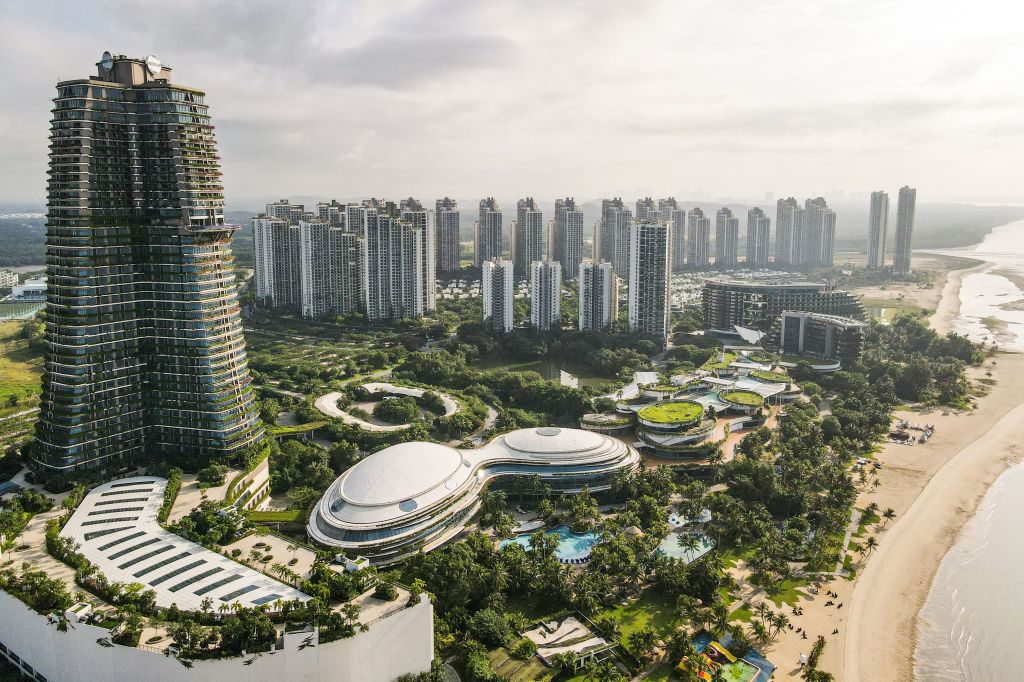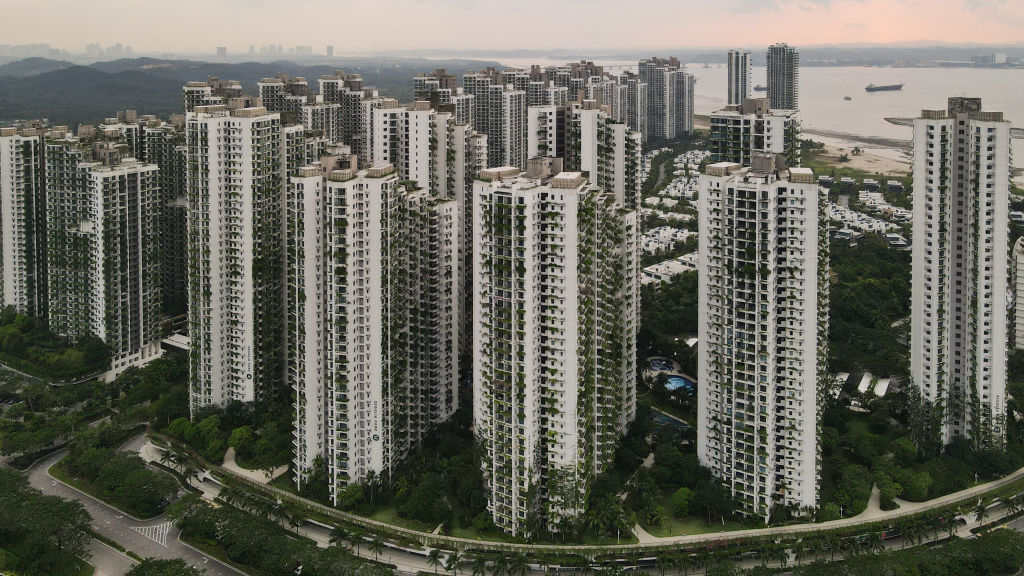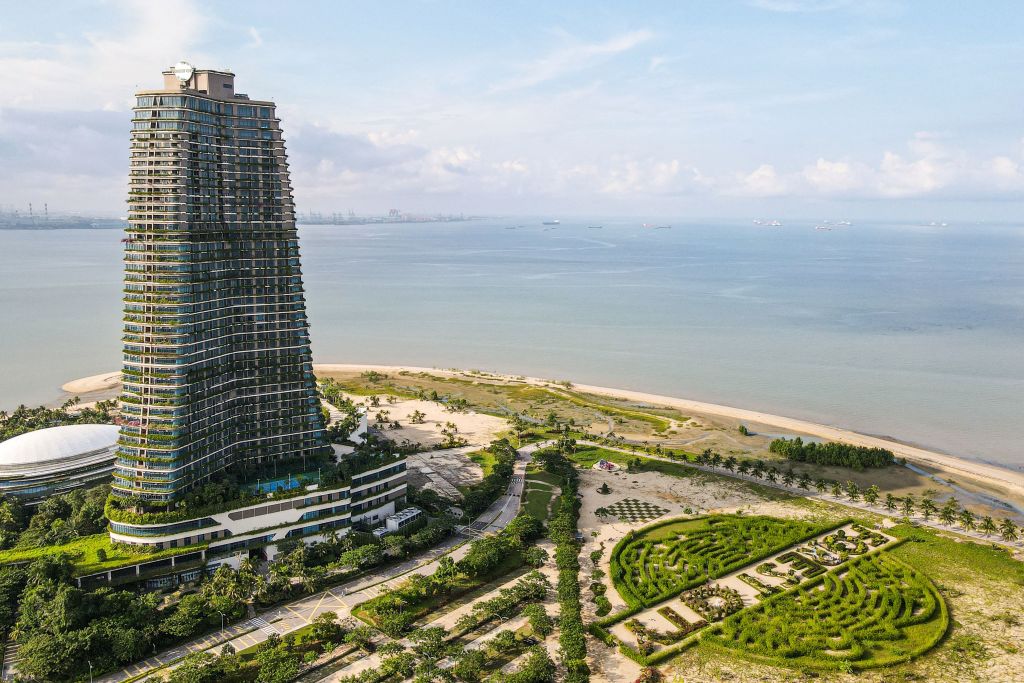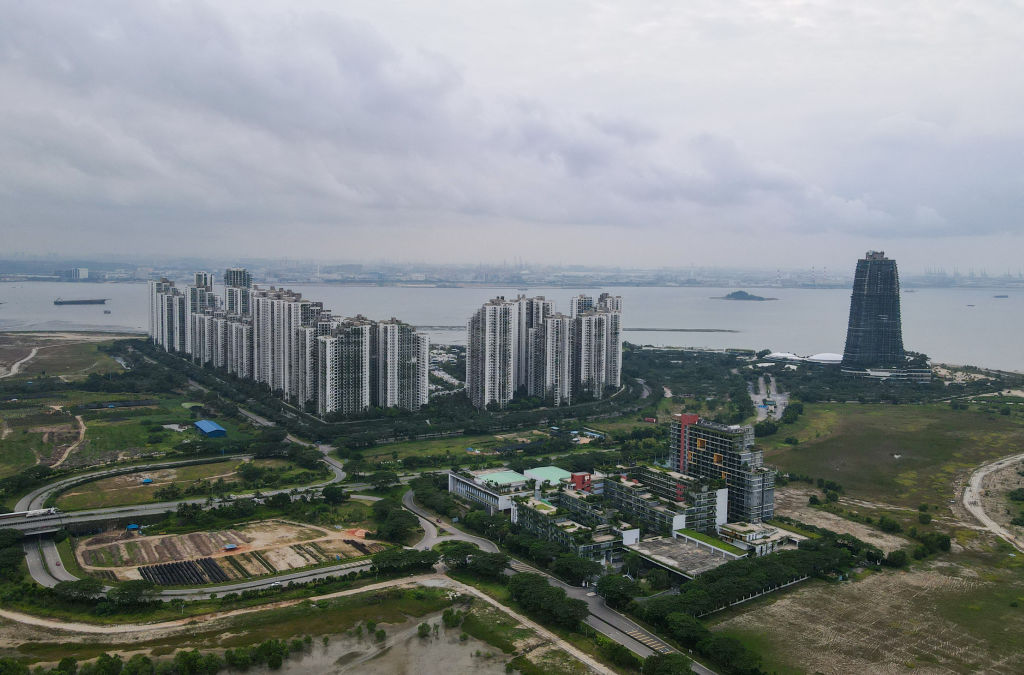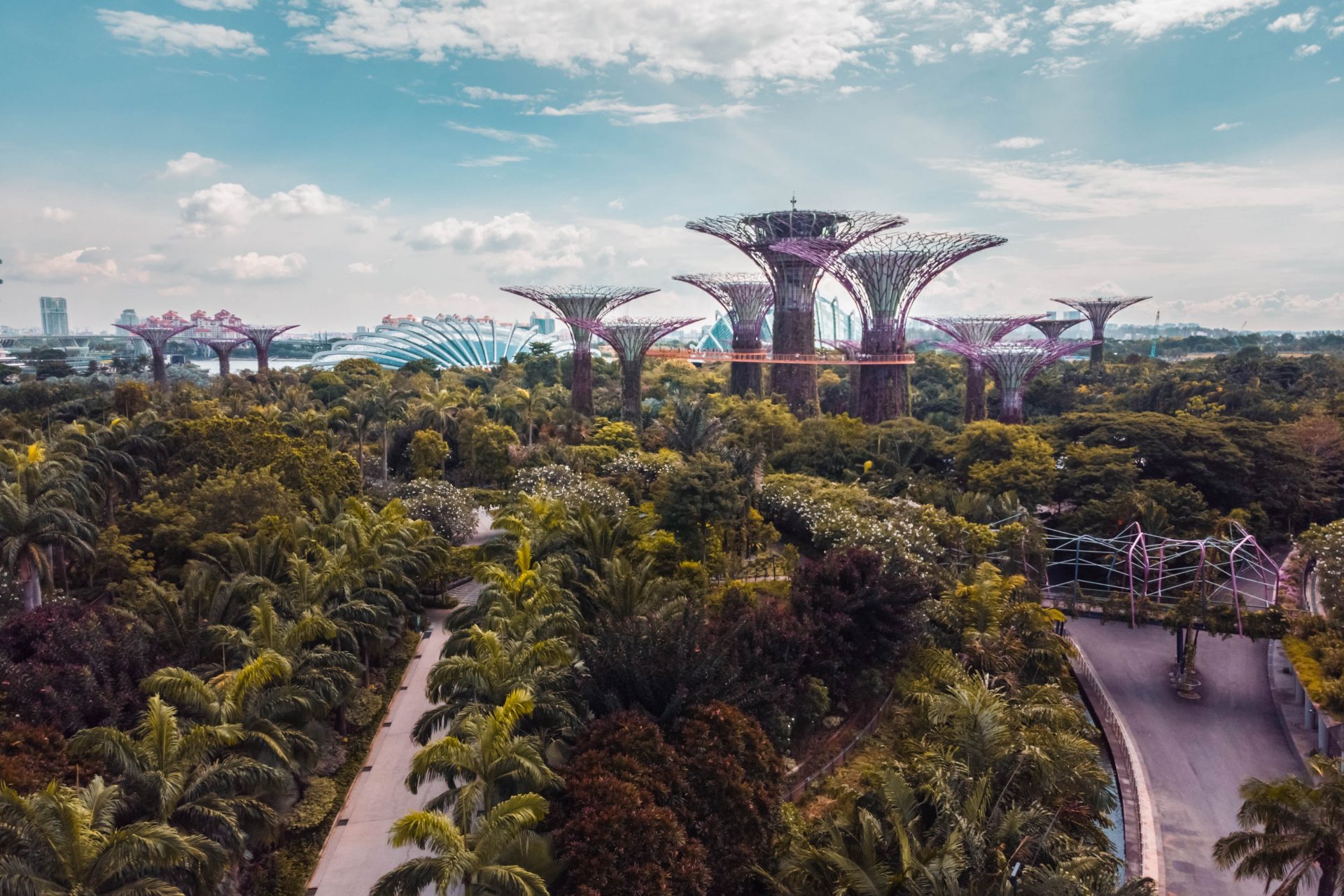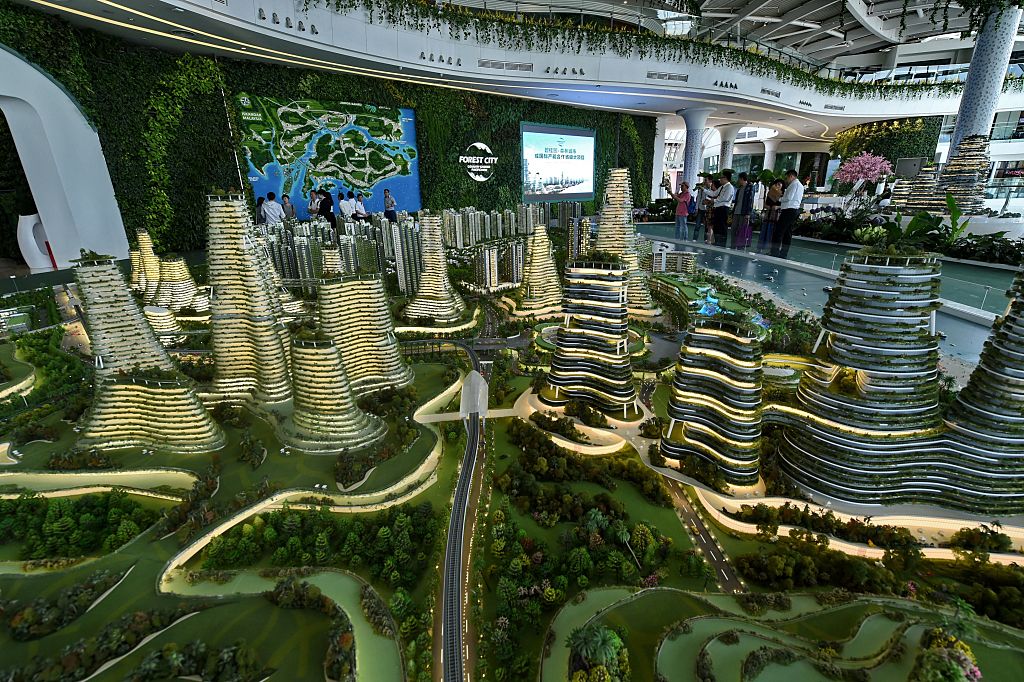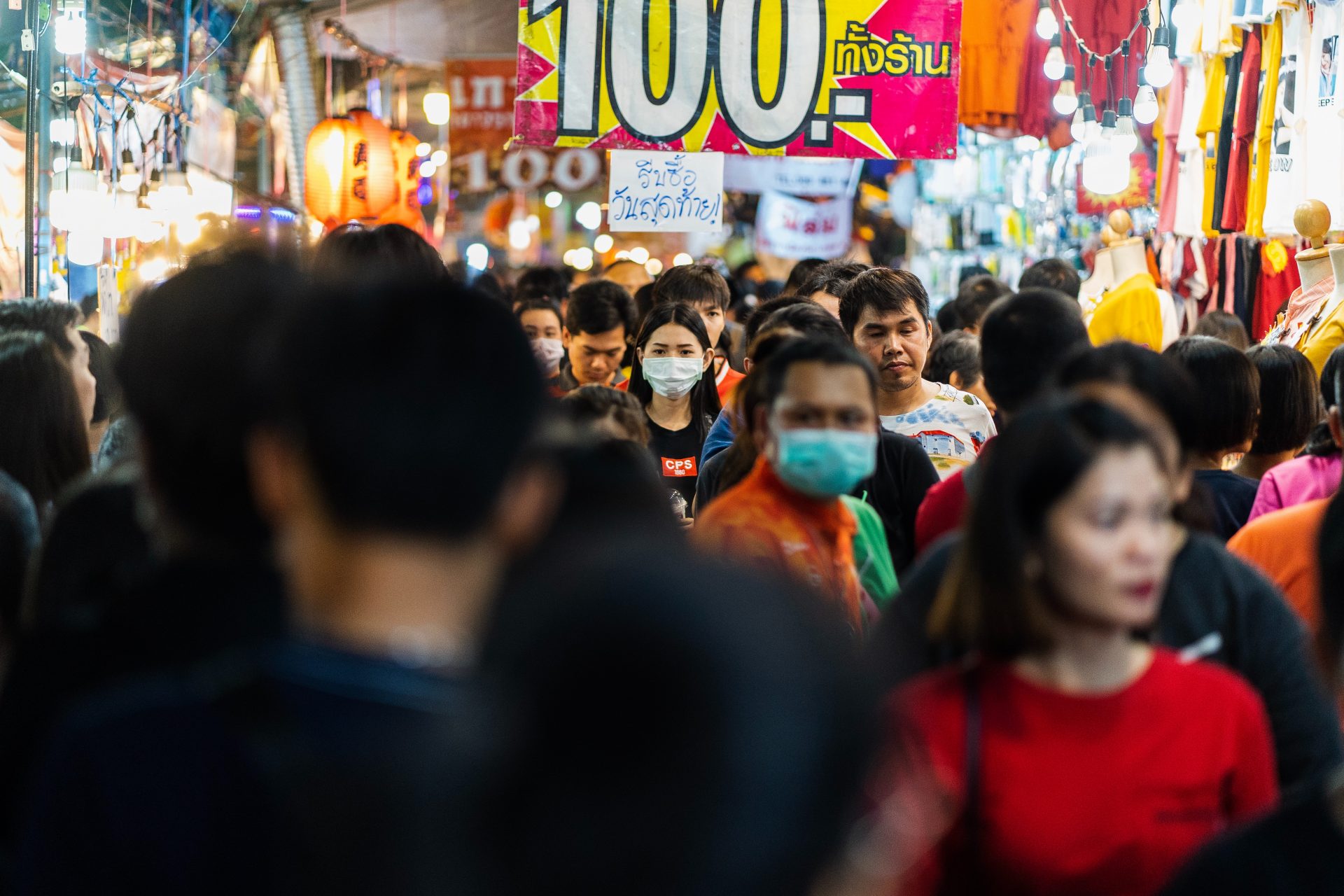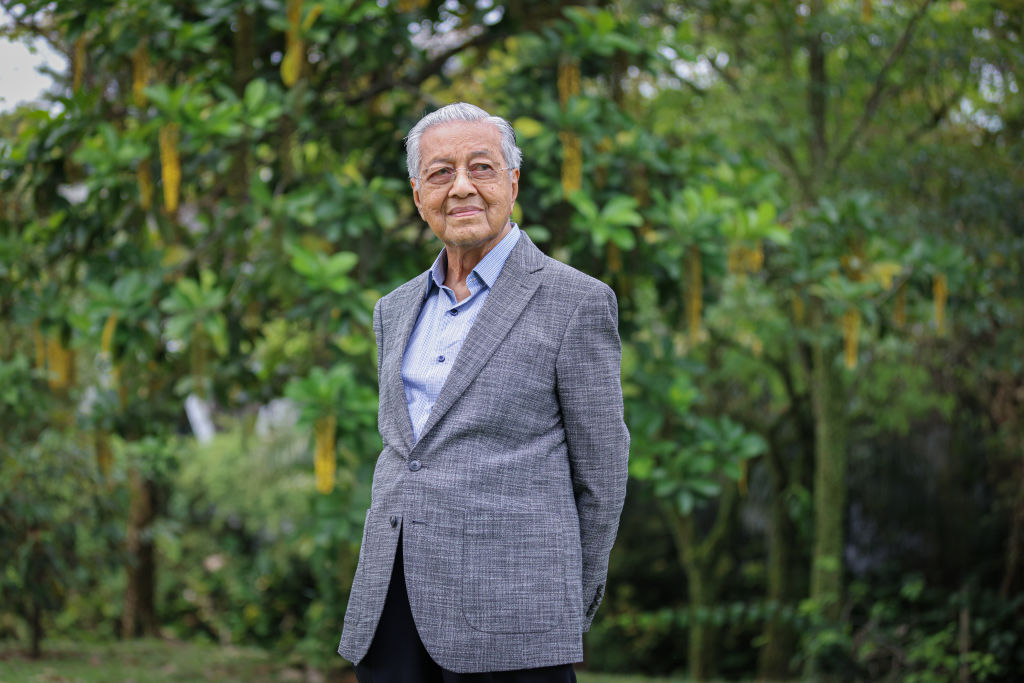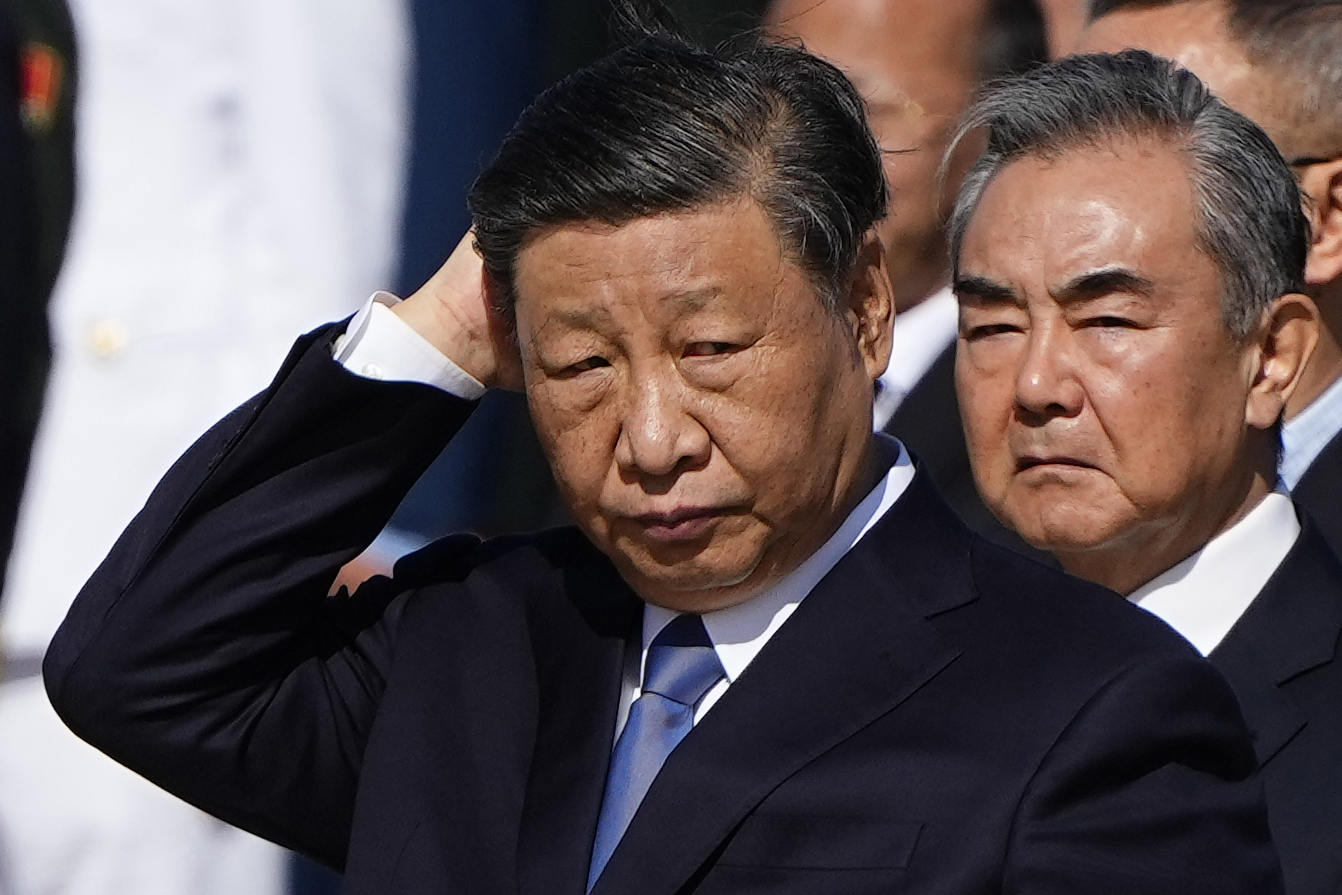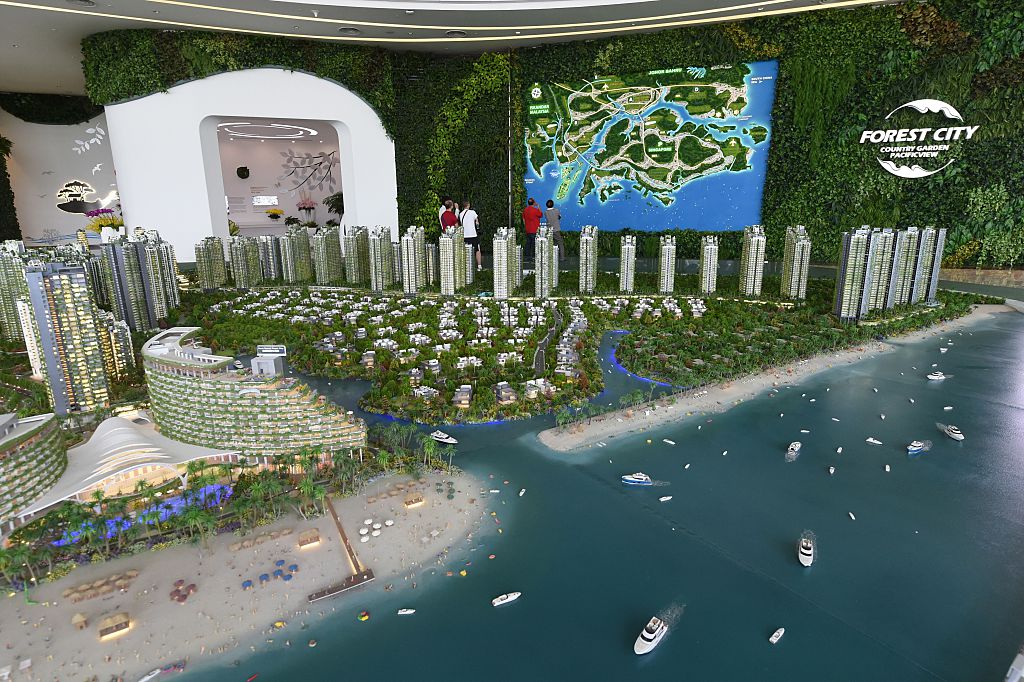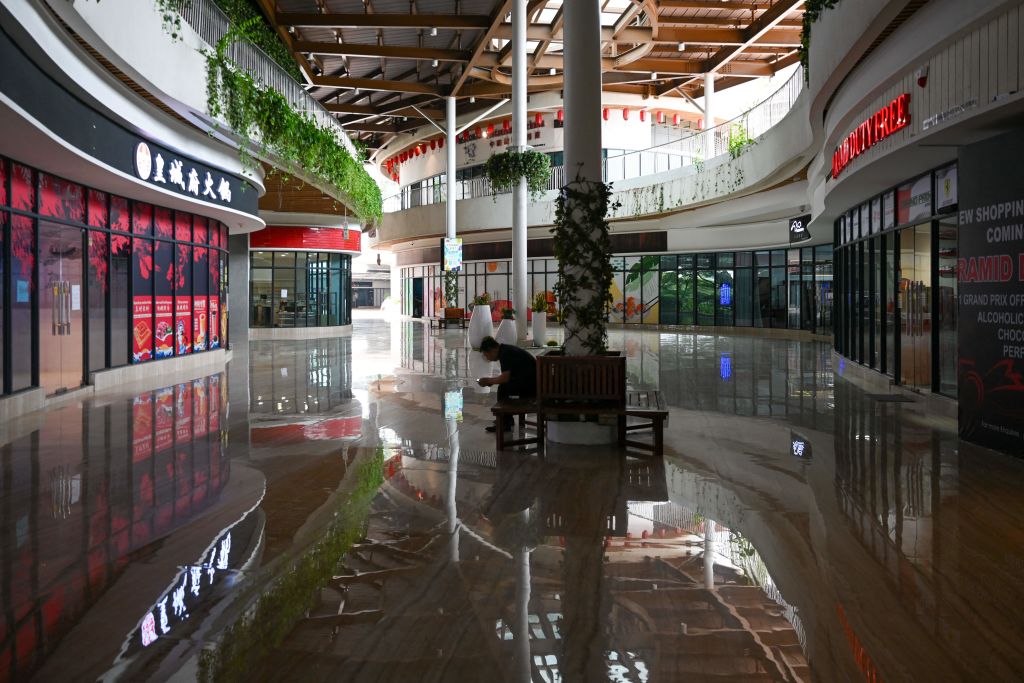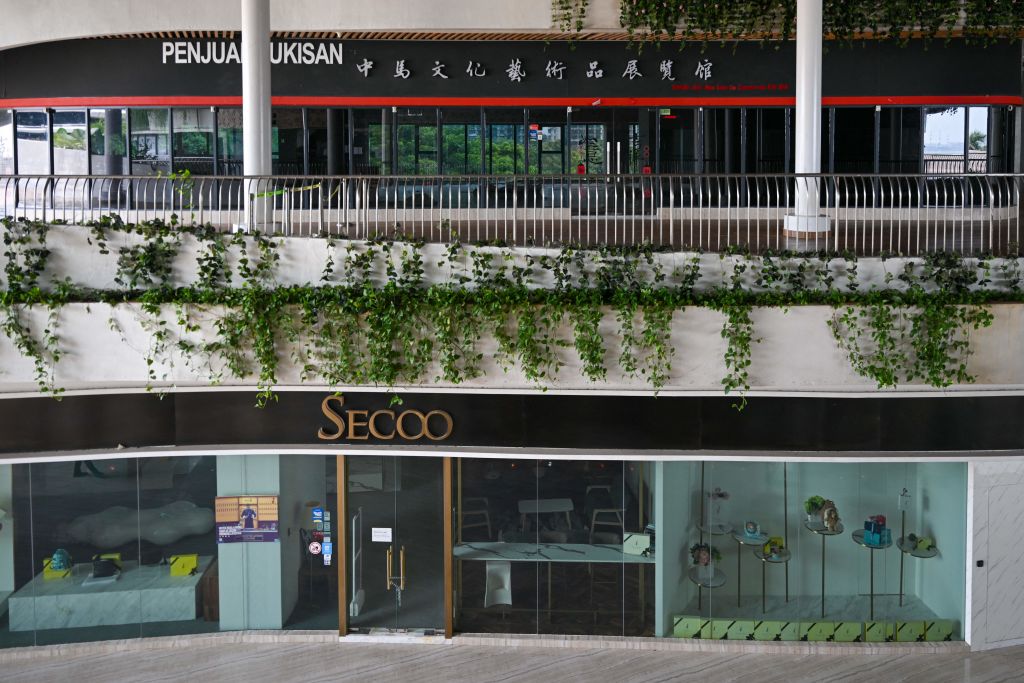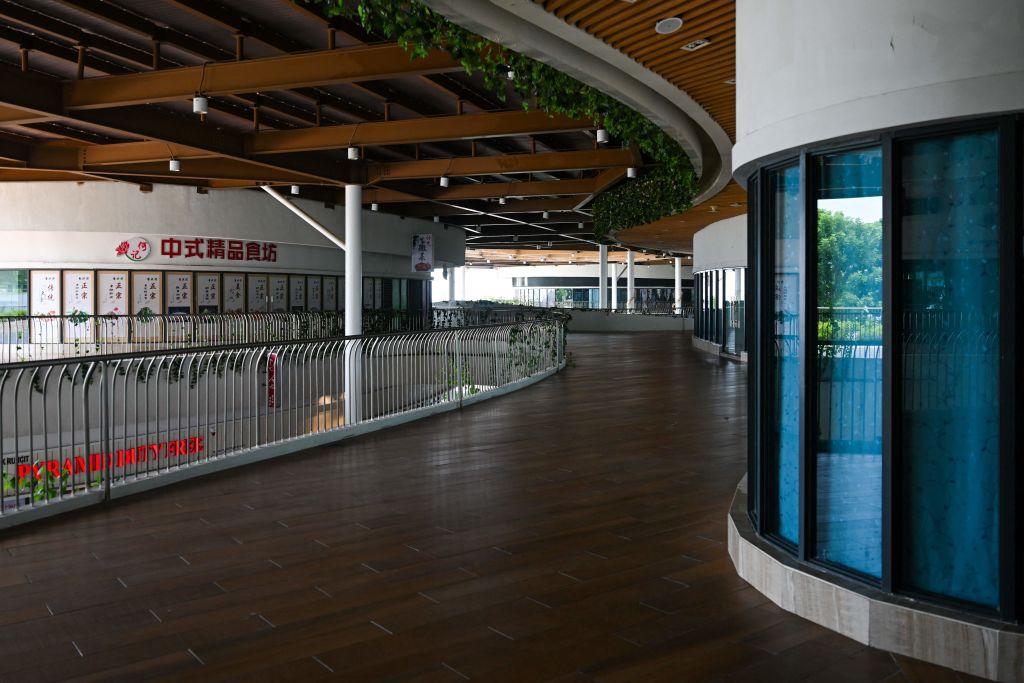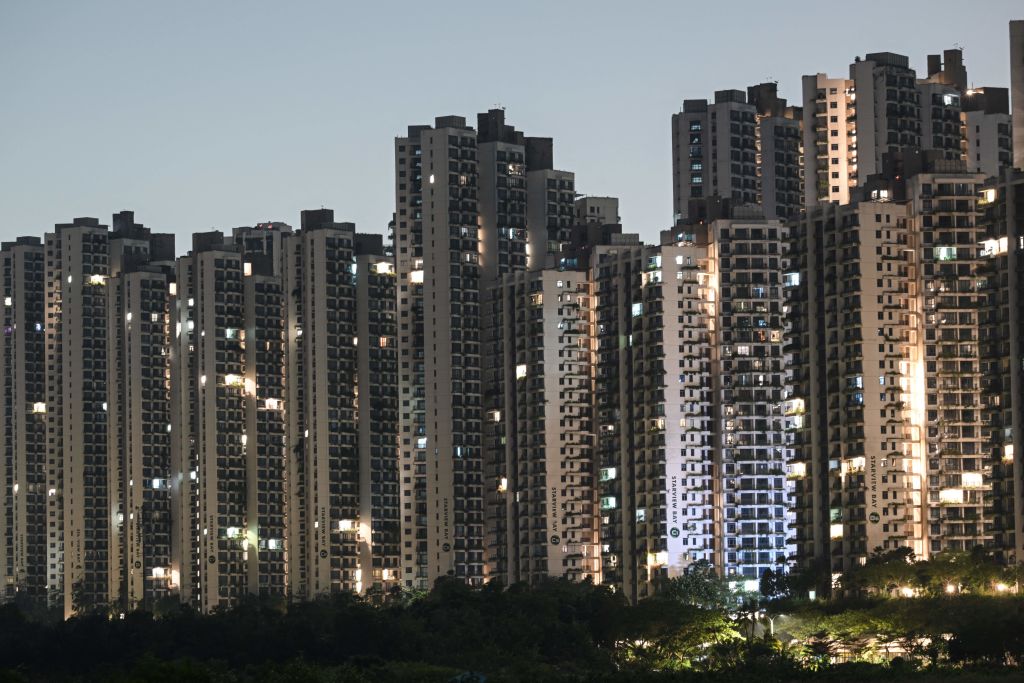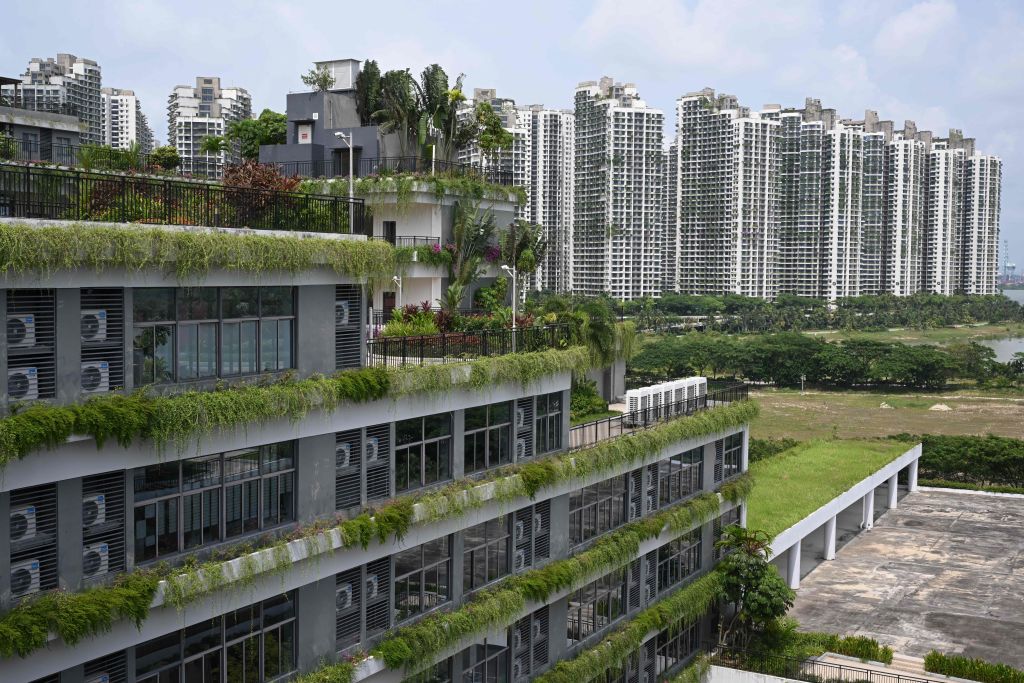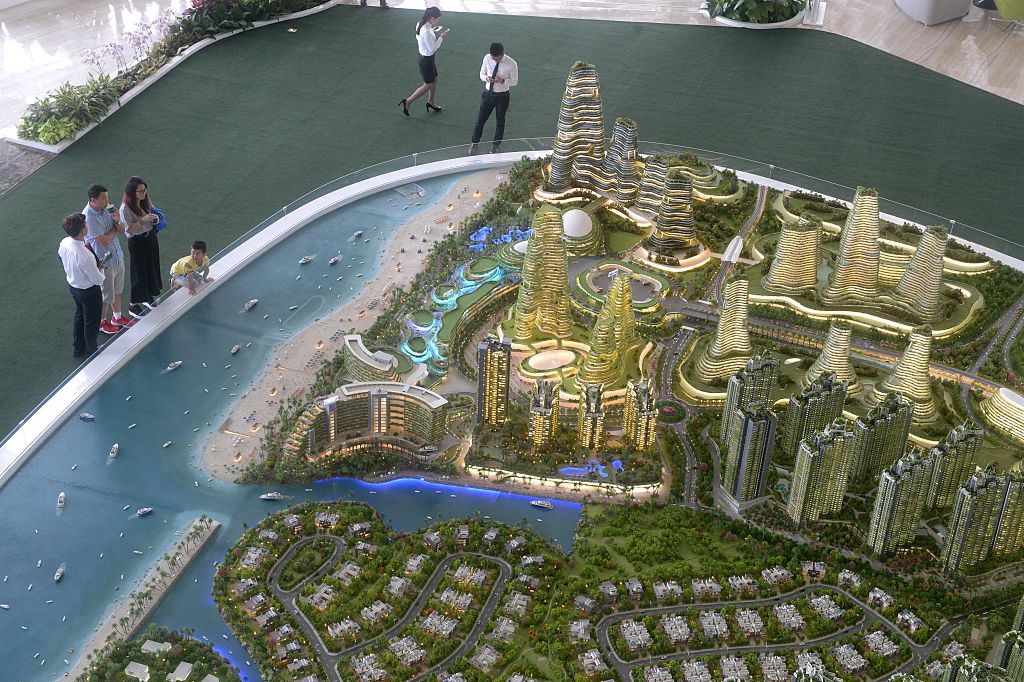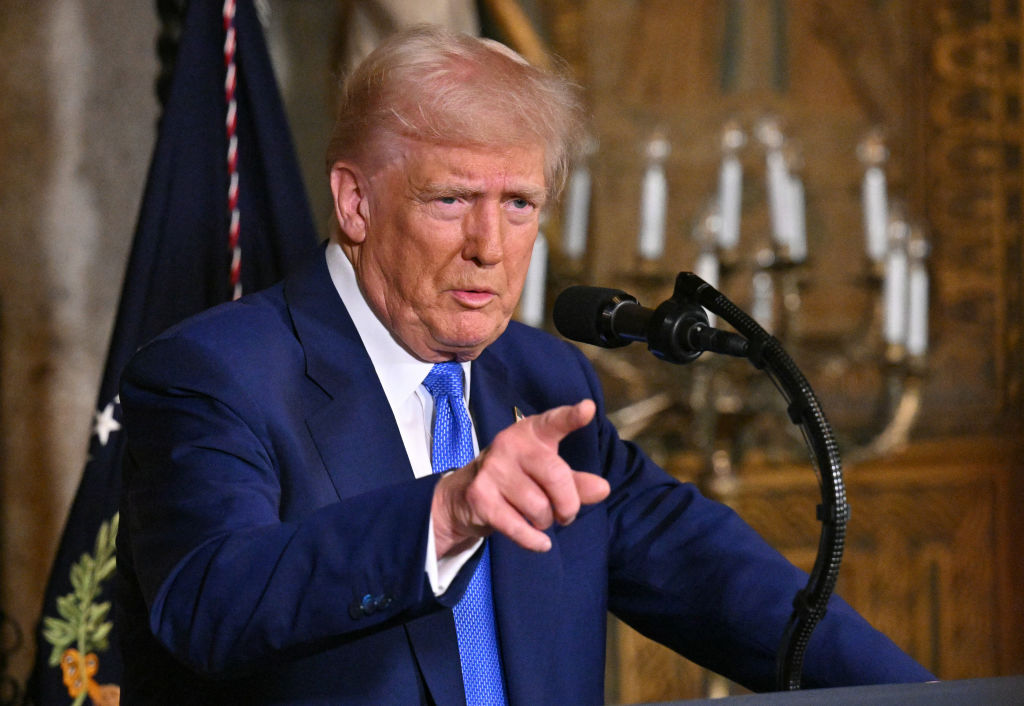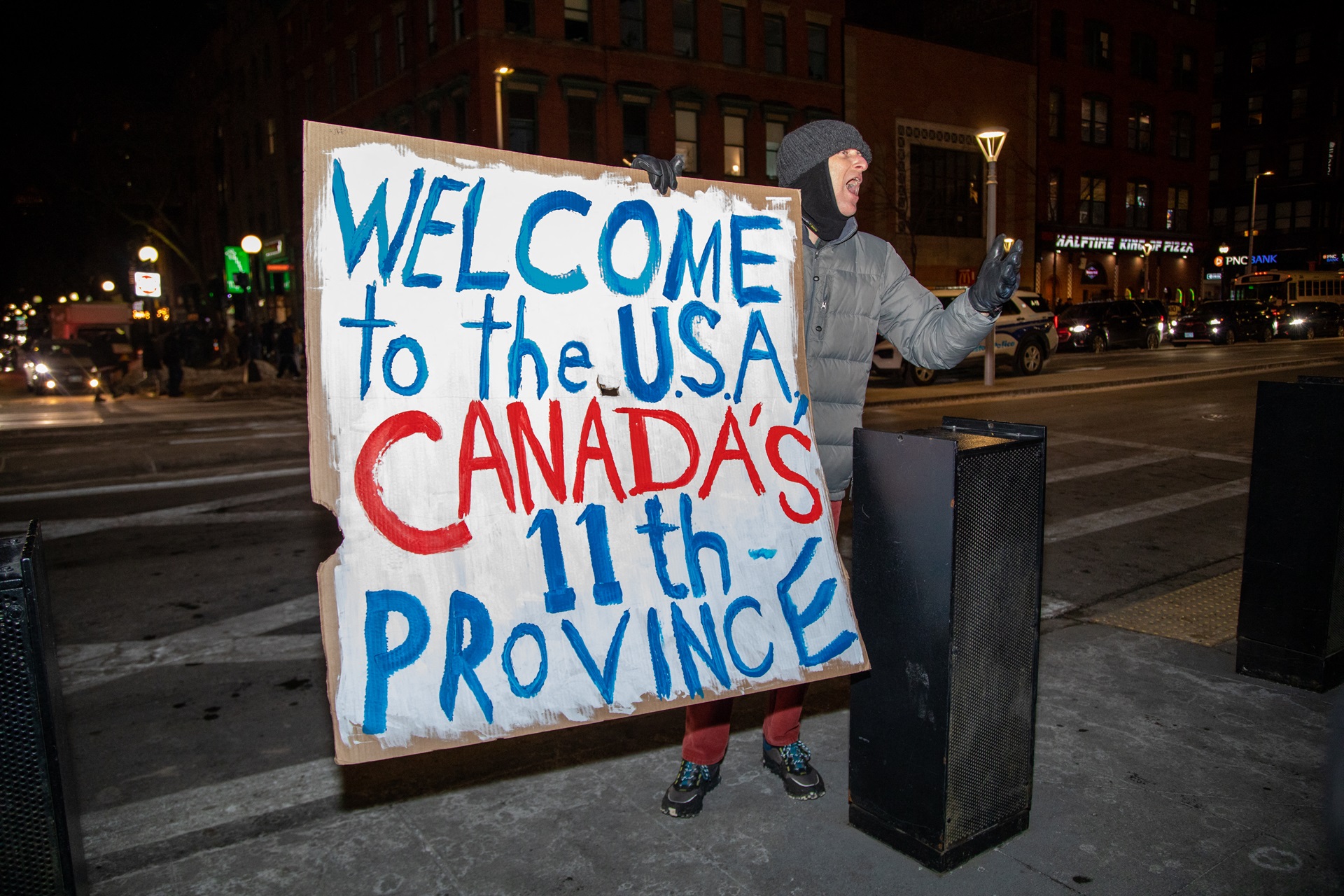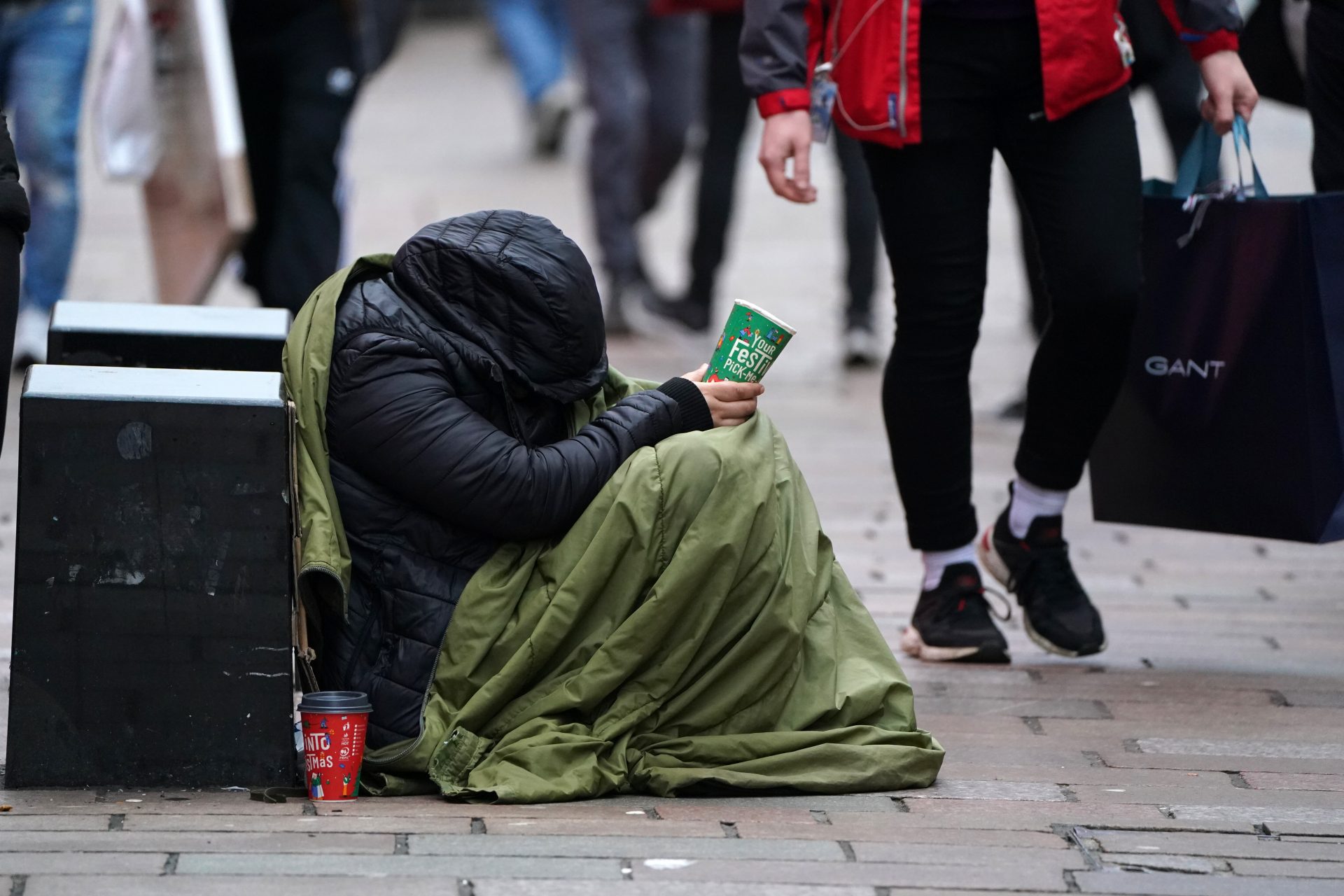Billionaire dream crushed
Forest City was supposed to be a paradise metropolis. Its developers were so sure of it that they invested $100 billion in this mega-project that never flourished.
Created by China’s largest property developer
Situated in Johor, at the Southern tip of Malaysia, Forest City was unveiled in 2016 by China's largest property developer, Country Garden.
A ‘ghost town’
But the place has a mere 9,000 people living in its 32 square km (19.8 sq miles) radius and 28,000 housing units, according to Al Jazeera.
It was supposed to have a population of 700,000
Forest City was supposed to have a population of 700,000 people across four reclaimed islands by 2035, according to the media outlet.
Strategically located in the heart of ASEAN
Forest City webpage says the mega-project is strategically located in the heart of ASEAN (Association of Southeast Asian Nations) which includes Malaysia, Singapore, Philippines, Brunei, Indonesia, Laos, Vietnam, Cambodia, Thailand and Myanmar.
Photo: Singapore by Victor Ndk/Unsplash
Aimed at the rich Chinese
The "dream paradise city" was aimed squarely at the domestic Chinese market, offering aspirational people the chance to own a second home abroad, according to the BBC.
Photo: scale model of Forest City
An investment for Chinese buyers to rent to Malaysians
Its selling prices were out of reach for most ordinary Malaysians, but for Chinese buyers, the property would be an investment that could be let out to local Malaysians.
Photo: Kishor/Unsplash
What made Forest City turn into a ‘ghost city’?
However, several factors contributed to ‘Forest City’ becoming ‘ghost city’. Besides covid border restrictions, other political components were added to the failure mixture.
Photo: Robert Norton/Unsplash
Malaysia restricted visas for Chinese buyers
In 2018, Malaysia's then prime minister Mahathir Mohamad (pictured) restricted visas for Chinese buyers, citing his objection to a "city built for foreigners".
China has controls on foreign spending for its citizens
Similarly, Xi Jinping’s motto has been "houses are for living in, not speculation." The Chinese leader has set controls on how much money Chinese citizens can spend abroad, according to The Guardian.
Only 10% of the total project has been finished
Forest City was supposed to have a golf course, a waterpark, offices, bars and restaurants, but the pandemic border restrictions, as well as all the other aforementioned factors, resulted in a lack of demand and only 10% of the total project has been done, according to Al Jazeera.
Shopping mall with closed stores
The beach has ‘do not swim’ signs, warning of crocodiles and it’s dirty with trash, such as alcohol bottles, according to a BBC article. It also says that the ‘ghost town’ currently has a shopping mall but most of its stores remain closed.
A creepy, surreal vibe
“In a surreal touch, there is an empty children's train doing endless laps around the mall while playing ‘Heads, shoulders, knees and toes’ on loop in Chinese,” writes Asia correspondent Nick Marsh in a BBC article.
“Where happiness never ends”
“Sitting at the sales stall, are bored-looking employees; the sign above them says: ‘Forest City. Where Happiness Never Ends,’” Marsh writes, describing the ironic scene.
Lonely inhabitants want to leave Forest City
A handful of ‘Forest City’s’ inhabitants have told different media outlets that the place is “lonely”, “creepy” and have said they’ll leave when they can. However, some governments are coming up with incentives to boost the area.
Governments are trying to bring Forest City back to life
Malaysian Prime Minister Anwar Ibrahim announced, in August, a special financial zone in Forest City with incentives including multiple entry visas, and special income tax rates, for example.



